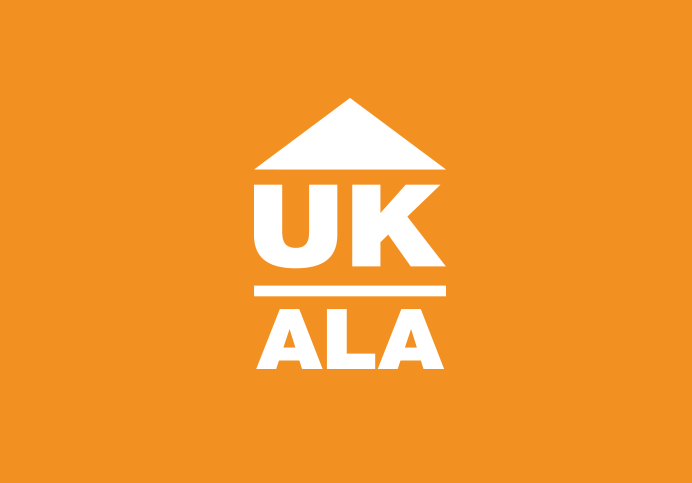
What can a Landlord do or should not do?
What can a Landlord do?
Warning signs to look out for:
- Smells
- Pest issues
- Clutter or rubbish piles
- Keeping large number of pets
- Refused visits
- Reclusive
- Cluttering common areas
- Lack of reported repairs
Bear in mind that even if you suspect hoarding behaviour is going on, you do not have the power to force entry unless there is an emergency situation (tenants should be given a prior notice before a landlord or agent enters their homes, whatever the reason). However, pay prompt attention to complaints from other tenants or neighbours concerning a particular property (odour, vermin, or cluttered access areas) and make every effort to discover and to investigate potential hoarding as quickly as possible.
Remember that the goal is to improve the person’s decision-making and organisational skills, help them overcome their urges to save, and ultimately clear the clutter, room by room. It is a highly emotive issue and most hoarders will not at first recognise there is a problem. Firstly try to engage in conversation with the tenant and stress the risks that their behaviour is causing to them, any occupants, neighbours, the community and the risks to their tenancy.
You can discuss simple strategies with your tenant to reduce the fire hazards, to get rid of any pests or vermin, to clear blocked passages and to tackle with any other dangerous issues that pose a risk to the health and the safety of the hoarder and all the other residents of the building. Allow sufficient time for the requests to be accomplished and then suggest other relevant measures to slowly improve the overall condition of the property; set a written plan for de-cluttering, clearing and cleaning slowly room by room. Hiring professional cleaning and organisational services may also prove to be quite beneficial for everyone if the tasks seem unmanageable. Such a thoughtful approach will provide further evidence that you did everything possible with your tenant before resorting to eviction (if you have no alternative). It is advisable to keep detailed records of all the actions you have taken to reasonably accommodate the hoarder, as well as of the time and expenses spent on the process.
Try to speak with any of their family and friends to raise that you have some concerns and try to establish if they have witnessed anything unusual, or have they visited lately. But remember this may cause upset as hoarding is an emotive subject and you cannot make accusations even if you believe there is hoarding. The tenant has rights.
When speaking to your tenant put a stress on the health and safety concerns and try to help them to understand why it is beneficial for them to keep their home in a reasonable standard to comply with the rules for their sake and for the sake of others that may occupy the building or neighbouring properties and the risk it may place them within if they continue to hoard or not seek professional help and support.
Where can I get help?
You can encourage your tenant or their family members as a first stage to speak to their own GP. There are a number of agencies that provide leaflets and guidance within the additional resources section. Cherry Rudge produced an Ice Breaker Form that can be filled in for self help from the hoarder to medical professionals.
An agent or landlord can call social services or agencies for assistance if they have concerns. Another option would be to ask for assistance from your Local Authority within the environment protection department. This could assist with joint agency actions to help the tenant and occupants get back on track and bring the property back up to acceptable standards, broken down into manageable written action plans. This is important as most find that it has escalated out of all of their control and it is too difficult to manage on their own.
What NOT to do:
- Impose your own perspective;
- Strive for perfection or an instant fix;
- Imagine all hoarders are the same (not all are extreme TV hoarders);
- Pressurise, patronise or ask why;
- Go behind someone’s back and put things in the bin;
- Order a skip or arrange a forced clear-out without permission;
- Leave them high and dry without a degree of hope of getting support; or
- Threaten eviction or legal action without trying to help them resolve the safety issues first.